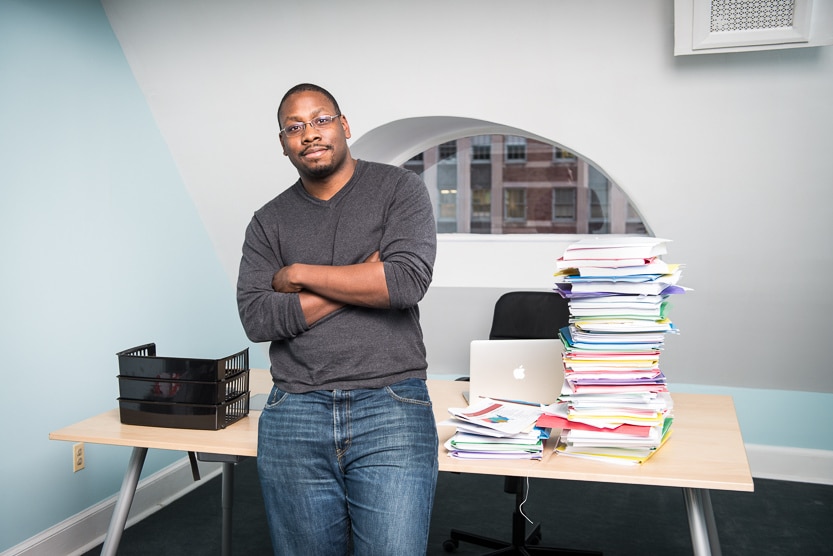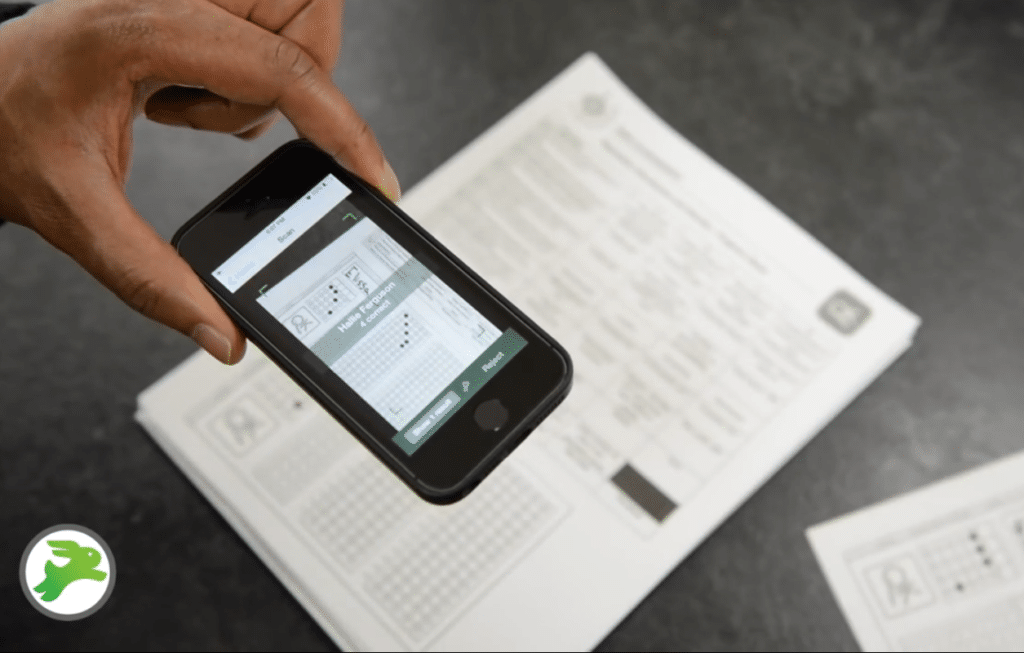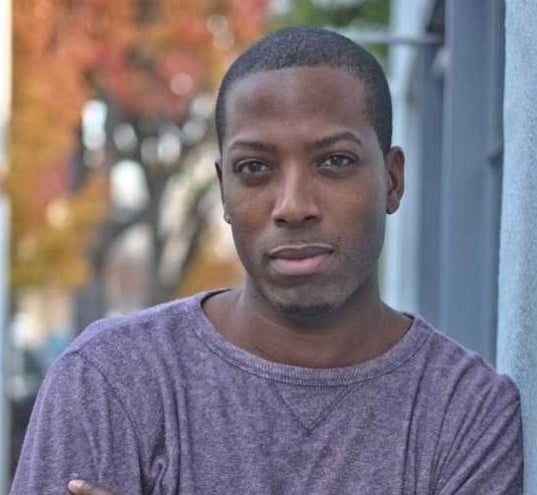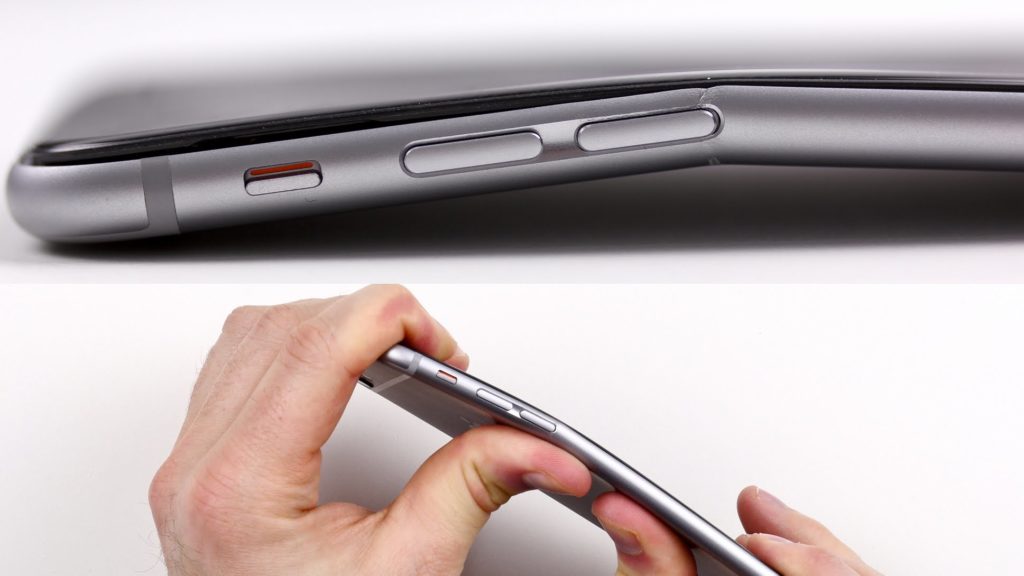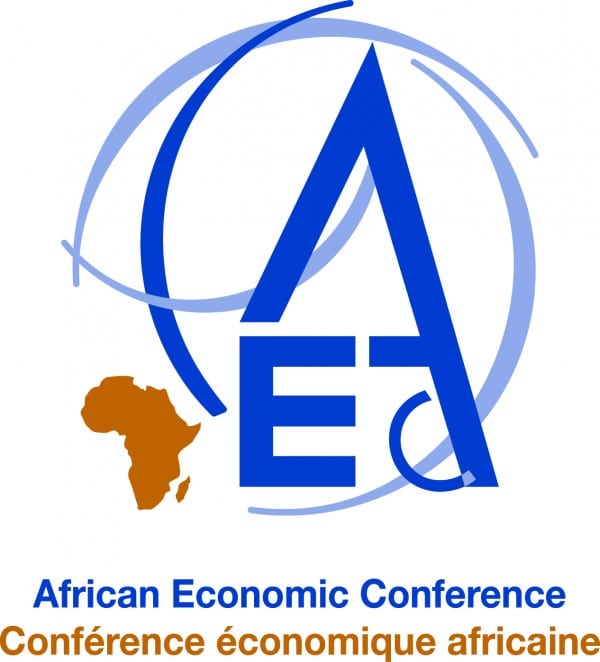After years of launching and growing his own businesses, serial entrepreneur Jon Gosier is giving new life to innovative tech startups.
Gosier has successfully launched and scaled an abundance of businesses and now he’s ready to lend innovative tech startups his expert advice and some substantial financial backing.
The long-time investor and philanthropist is one of eight partners behind the Third Cohort Capital, a seed-stage investment group that focuses on “high-potential technology companies,” according to the company’s official website.
While the entire team is comprised of successful business-minded individuals, Gosier explained that his experience as a serial entrepreneur makes him incredibly valuable to both his clients and partners.
“I’ve started companies and scaled them several times,” he told AtlantaBlackStar. “Having experience as an entrepreneur is invaluable when it comes to investing. It makes me more valuable to my partners who mostly haven’t been entrepreneurs and it makes me more valuable as a mentor and advisor to the companies we invest in.”
Third Cohort Capital offers two financing vehicles to its clients with one option specifically for other fellow Goldman Sachs 10,000 Small Businesses program alumni, graduates and participants.
While all clients are eligible for equity investments for any amount up to $25,000, only those who have graduated from or are currently working with the Goldman Sachs program are eligible to receive low-interest loans for up to $10,000.
While the company is still relatively new, it already boasts two successful clients who have created innovative mobile apps that are taking tech markets by storm.
Shadow, a mobile application based in San Francisco and Berlin, helps users remember and record their dreams.
By incorporating a social media aspect, the app’s users are also allowed to view the dreams of others around the globe who have decided to share their dreams.
In a more revolutionary aspect, experts believe the dream-viewing app could help make major scientific advancements in the psychology and other health-related fields.
Gosier has also helped to launch Market Atlas, which is described on the company’s website as a “modern financial terminal that uses real-time information and graph search to improve emerging market investment decisions.”
The internationally recognized data scientist serves as the chief technology officer of the self-proclaimed “Bloomberg for Frontier Markets,” which has the ability to help hedge funds, private equity firms and impact investors in Africa make informed business decisions.
These types of revolutionary ideas have led to publications recognizing Gosier as one of the “20 Angel Investors Worth Knowing” and “Innovators of the Year 2013” by Black Enterprise Magazine.

